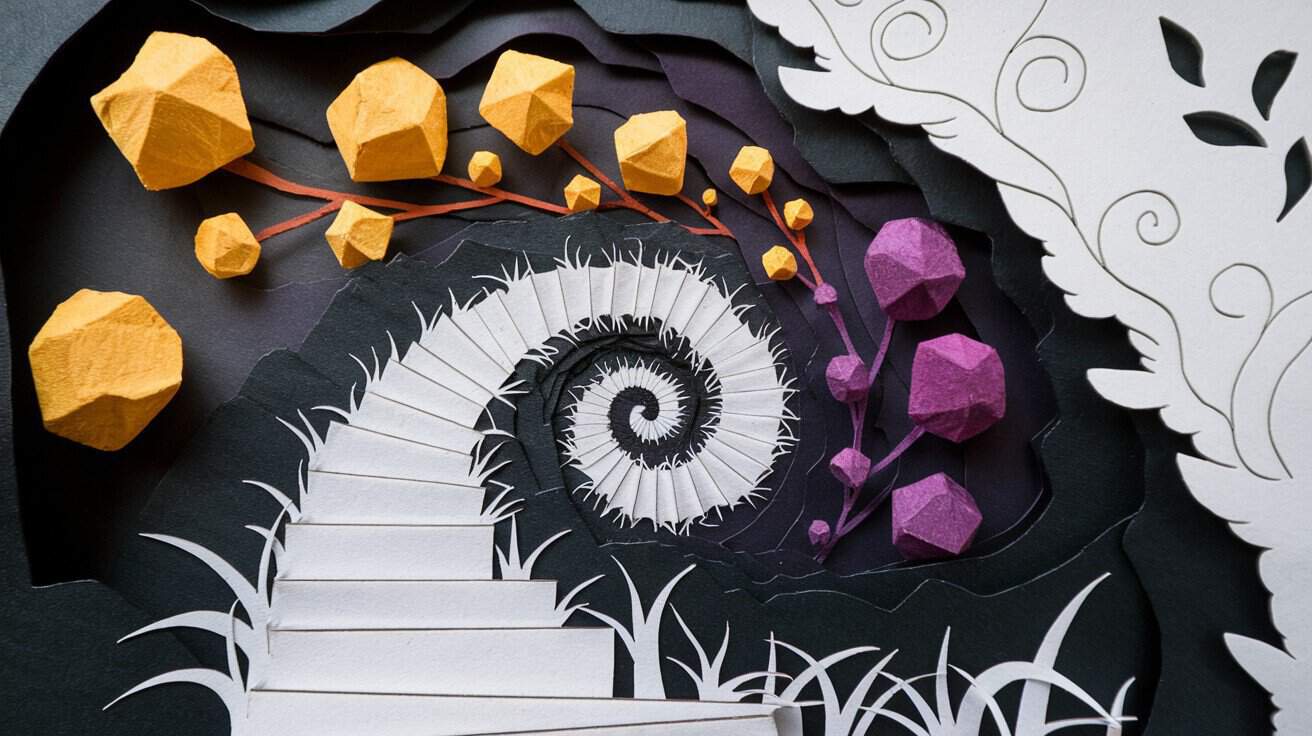The questions don’t come at convenient times. They surface at 2 AM when you can’t sleep, or in the middle of a meeting when you’re supposed to be paying attention, or while you’re doing something as mundane as loading the dishwasher. “What’s the point?” “Why does any of this matter?” “Is this all there is?” If you’ve been wrestling with these kinds of questions—not as philosophical exercises but as a heavy weight that makes it hard to get out of bed—you’re not alone, and you’re not broken. What you’re experiencing has a name: existential depression. It’s different from clinical depression in important ways, and understanding that difference is the first step toward finding your way through it.
In this guide, we’ll explore how therapy can help navigate these challenging waters and find meaning in the midst of existential questioning. You’ll learn about different therapeutic approaches, how to find the right support, and practical steps toward healing.
Understanding Existential Depression
Unlike clinical depression, which often stems from chemical imbalances or specific life events, existential depression emerges from our wrestling with life’s fundamental questions. It’s not just feeling sad – it’s questioning the very fabric of existence itself.
Think of it like standing in an art museum. While others might see beautiful paintings, someone with existential depression sees empty frames, questioning why we create art at all. This form of depression often strikes deep thinkers, empaths, and those who naturally ponder life’s bigger questions. These individuals may find themselves overwhelmed by a sense of disconnection from the world around them, grappling with pervasive feelings of emptiness and doubt. As they navigate their internal landscape, they may encounter persistent depressive disorder symptoms that cloud their capacity to appreciate even the simplest joys. This struggle can leave them feeling isolated, as if their perception is a barrier, preventing them from fully engaging with the vibrant hues of life that others seem to effortlessly enjoy.
The weight of these questions can feel overwhelming. You might find yourself wondering about mortality, free will, or the search for authentic meaning in a world that sometimes seems devoid of it.
The Healing Power of Therapeutic Support
Therapy offers a unique sanctuary for exploring these deep questions. It’s not about finding quick answers – because often there aren’t any – but about learning to live meaningfully within the questions themselves.
Different therapeutic approaches can help in various ways:
- Existential therapy creates space to explore life’s big questions with guidance and support
- Cognitive-behavioral therapy helps manage overwhelming thoughts and find practical coping strategies
- Humanistic therapy focuses on personal growth and finding individual meaning
- Narrative therapy helps reframe your life story and find purpose in your journey
The goal isn’t to eliminate existential questioning – these questions are part of being human. Instead, therapy helps transform these questions from sources of paralyzing anxiety into catalysts for growth and deeper understanding.
Finding the Right Support
Choosing a therapist for existential depression requires careful consideration. Look for someone who:
- Has experience with existential issues
- Makes you feel heard and understood
- Respects your spiritual or philosophical beliefs
- Creates a safe space for exploring difficult questions
- Balances validation with gentle challenging
Don’t be afraid to have initial consultations with several therapists. Finding the right fit is crucial for this deeply personal work.
Beyond Traditional Therapy
While professional support is valuable, healing from existential depression often requires a multi-faceted approach: While professional support is valuable, healing from existential depression often requires a multi-faceted approach: combining therapy with lifestyle changes can enhance recovery. Engaging in regular physical activity, practicing mindfulness, and fostering meaningful connections with others can create a solid foundation for emotional well-being. Additionally, exploring natural remedies for depression relief, such as herbal supplements or dietary adjustments, can complement traditional treatment methods and promote a holistic healing journey.
- Connect with others who share similar questions and struggles
- Explore philosophical writings that resonate with your journey
- Engage in meaningful activities that align with your values
- Practice mindfulness to stay grounded in the present moment
- Consider creative expression as a way to process complex emotions
Sometimes, the very questions that cause our pain can become doorways to deeper meaning and connection.
Moving Forward with Purpose
Healing from existential depression isn’t about finding all the answers. It’s about learning to live fully and meaningfully while holding space for life’s mysteries. Through therapy and personal growth work, many find that their existential questioning transforms from a source of despair into a wellspring of wisdom and deeper engagement with life.
Remember, you’re not alone in these questions. Many have walked this path before, and many walk it now. Reach out for support, be patient with yourself, and know that even in the midst of questioning, growth and healing are possible.
If you’re struggling with existential depression, take that first step today. Reach out to a mental health professional who can help you navigate these deep waters. Your questions matter, your struggle is valid, and there is hope and support available for your journey. Every step you take toward seeking help is a testament to your courage and resilience. Understanding childhood depression can provide valuable insights into how early experiences shape our mental health, allowing you to forge a path toward healing. Remember, you are not alone in this journey; many resources and individuals are ready to support you as you find your way.


